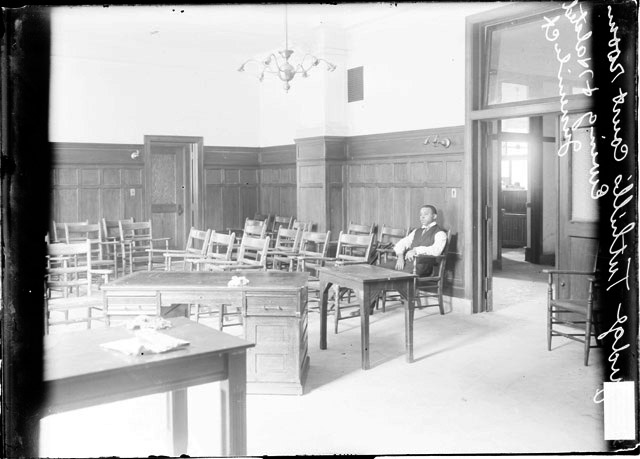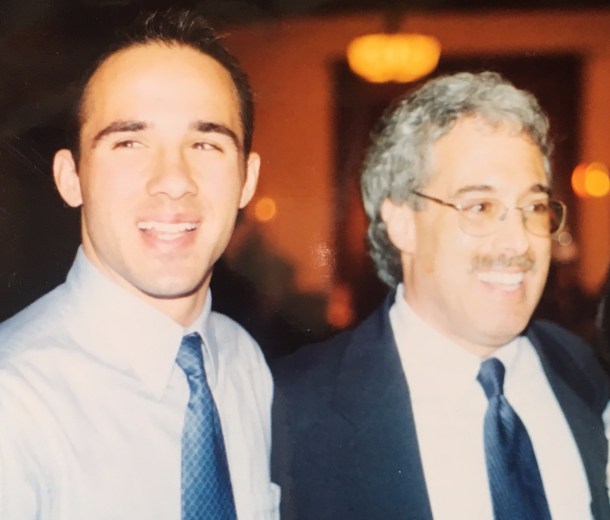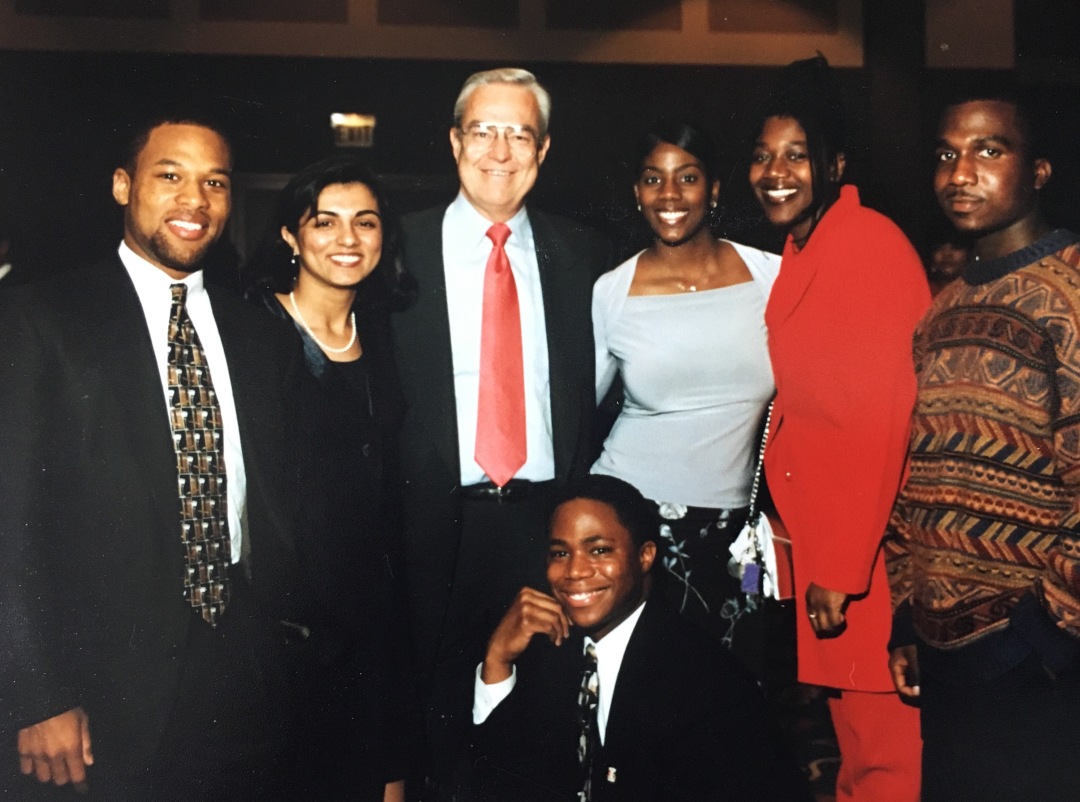The Juvenile Court of Cook County: A Leader in Juvenile Justice
Established in 1899, the Juvenile Court of Cook County was the first institution of its kind in the world, inspired by the principle that the criminal justice system should treat children differently from adults. The court’s founders believed that children are still in the process of developing—emotionally, physically, and intellectually—and therefore need a response from the law that not only holds them accountable, but also provides the care, guidance and services needed to shape their healthy development. For over a hundred years, Cook County’s Juvenile Court has been in the forefront of innovative programming for struggling children and families, always seeking the most effective ways of helping young people make better decisions and lead more productive lives.

Co-Founder Steve Eiseman Seeks Enrichment For Exceptional Court Children
Ten years into his career at the Juvenile Court, Steve Eiseman and a number of Probation Department colleagues began talking about a way to help that small percentage of court children who defy the odds by staying in school (over 90% of court wards drop out) and earning a high school diploma.

These remarkable young men and women demonstrate discipline, foresight, perseverance and determination in overcoming multiple challenges, yet there seemed little the Juvenile Court could do besides patting them on the back. Steve and his colleagues envisioned a scholarship of some sort, a program that could provide desperately needed financial support for these students as well as the individualized attention so important to maximizing their chances for success.
Private Funding Makes Project Lifeline a Reality — And A Success
The dream would have remained just that, except for the support of a North Shore family Steve contacted with a proposal. The family responded immediately and enthusiastically, particularly to the parts of the proposal that suggested adding professional services and mentoring support to the financial assistance envisioned for each student. A public/private partnership between the Juvenile Court’s Probation Department and the family foundation launched Project Lifeline in the summer of 1990. The program accepted its first two students in July of that year, and added four more in December. By the end of 2018, Project Lifeline had provided its assistance to over four hundred (400) court children, with more than fifty new students joining every year.
